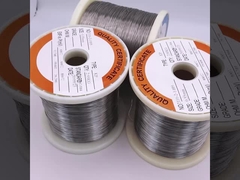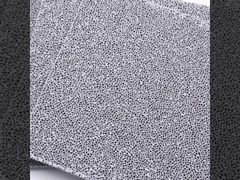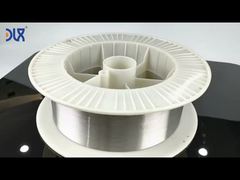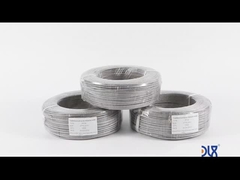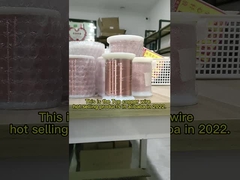Laissez un message
Nous vous rappellerons bientôt !
Votre message doit comporter entre 20 et 3 000 caractères !
Veuillez consulter votre e-mail !
SOUMETTRE
Plus d'information facilite une meilleure communication.
M. Le Président
- M. Le Président
- Mme
D'ACCORD
Soumis avec succès!
Nous vous rappellerons bientôt !
D'ACCORD
Laissez un message
Nous vous rappellerons bientôt !
Votre message doit comporter entre 20 et 3 000 caractères !
Veuillez consulter votre e-mail !
SOUMETTRE


